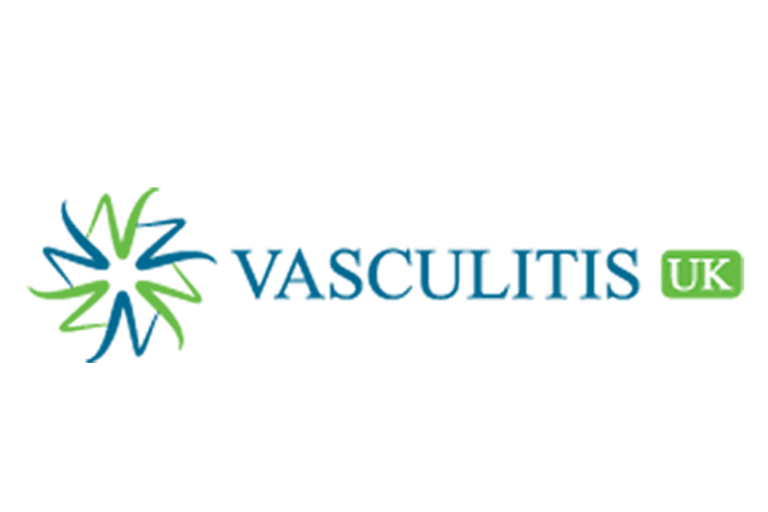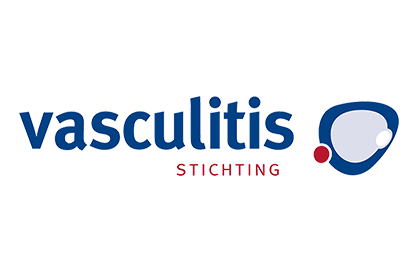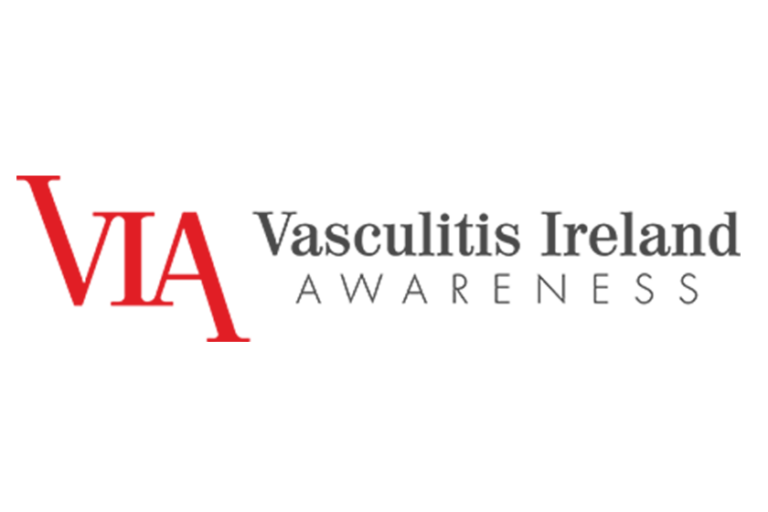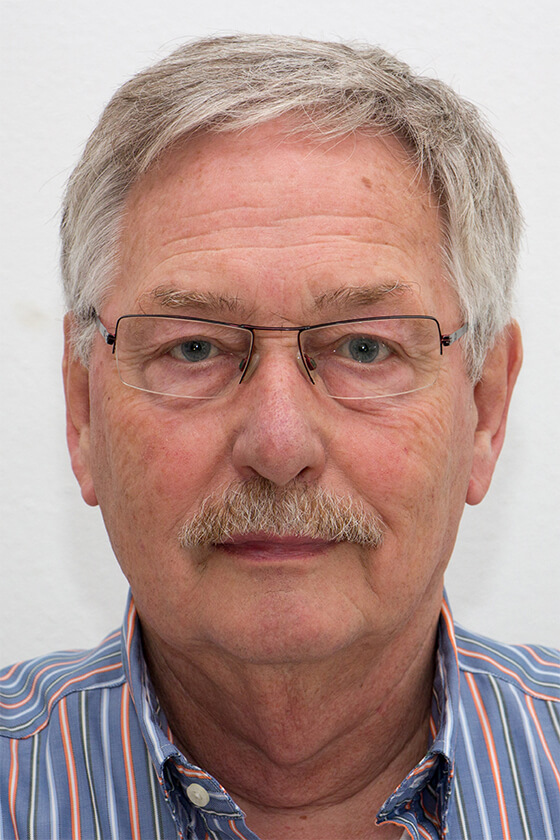FAIRVASC
Building registry interoperability to inform clinical care
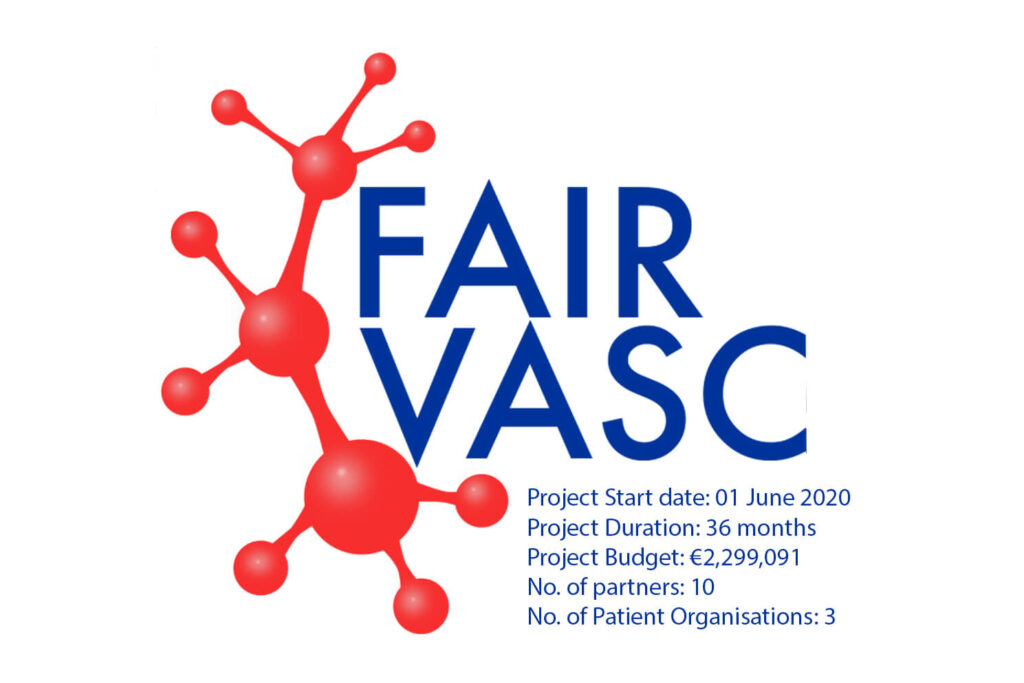
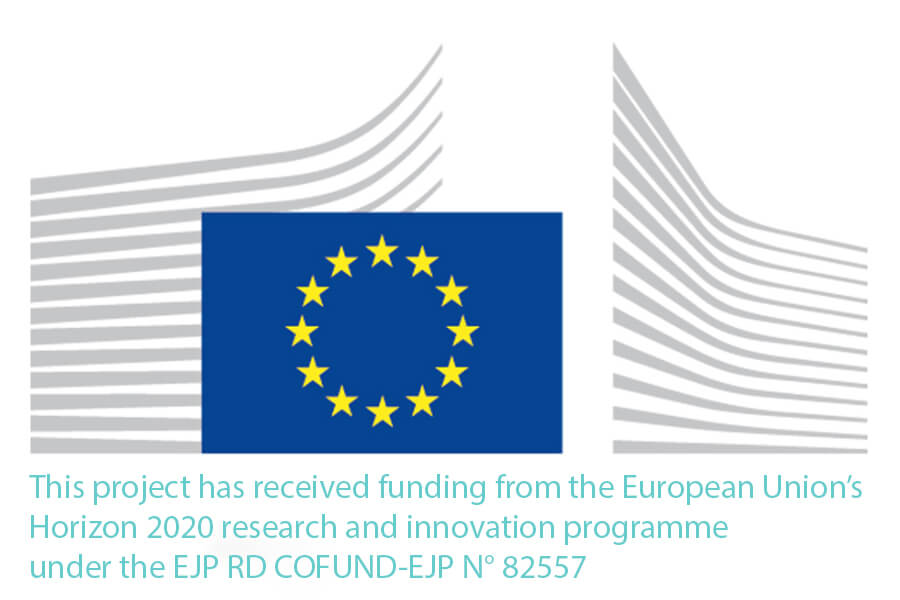
Building registry interoperability to inform clinical care

About the project
FAIRVASC is a research project of the European Vasculitis Society (EUVAS) and RITA European Reference Network, bringing together leading scientists, clinicians and patient organisations.
The FAIRVASC consortium is made up of 10 partners who represent all of these areas of patient care, including the patients them selves. There are many important gaps in our knowledge about why and how vasculitis occurs, why some people seem to be more susceptible than others, how the disease process acts inside the body and whether different kinds of vasculitis should be treated in different ways.
As the condition is rare, there are relatively few patients in any one European country. We, therefore, need to analyse data at a European level so that we have enough patient data to discover these important missing facts.
FAIRVASC will use semantic-web technologies to link vasculitis registries across Europe into a ‘single European dataset’, and thus open the door to new research into these challenging diseases. The programme will ensure that all included registries are FAIR and that the infrastructure developed is aligned with developments in the European Joint Programme.
In FAIRVASC, this large new European resource will be analysed to identify features (clinical and physical characteristics, etc.) that predict how a patient’s illness will develop, and what their major health risks are. These markers can, in the future, be developed into new predictive tools that help doctors to choose the best treatment options for the individual patient.
Research into the rare condition – Vasculitis (an acquired, immune mediated inflammatory disease involving blood vessels of many tissues and organs), needs sufficiently large quantities of data to enable well-informed conclusions about treatments and possible cures. It is thus essential to combine the databases of patient registries of several countries to build a dataset of sufficient size to enable meaningful research.
our contribution
The FAIRVASC consortium includes Vasculitis International represented by its president, Peter Verhoeven who also leads the Dutch VPAG, Vasculitis Stichting. He is supported throughout the project by Julie Power of Vasculitis Ireland Awareness (VIA) and John Mills of Vasculitis UK. These three VPAGs have helped to define the project concept and value proposition, particularly as it offers benefits to patients and their families.
Our role during the project will be to ensure that patient priorities and perspectives are considered wherever there is a ‘touch point’ between the research and the patients:
- validation of the project’s ethical, privacy and confidentiality approach, as regards patient data (this supplements our compliance with GDPR and related privacy legislation at national and EU levels).
- review and endorsement of study design, to maximise patient value, so that the anticipated results of the study are usable and valuable to the patient.
- Assist in the mapping of patient-centric data from registries to RDF triple-stores.
- Ensure that any patient-reported outcome measures recorded in the registries are taken into account, particularly in personalised risk scoring and/or routes to personalised medicine.
- Work with the clinicians and IT teams to include patient-reported outcomes (AAV-PRO[1]) in the data models of new and existing registries, so that these outcome measures become a standard part of AAV registries.
- input into analysis of research results, to ensure that this analysis produces information which is valuable and relevant to patients and their families.
- communication and dissemination of project work and results to patients, PAOs, policy makers and healthcare providers. This last task is critically important – the PAO team are among the best-known AAV patient advocates in Europe and represent a ‘trusted voice’ for AAV patients, families and organisations. Their message and influence will raise awareness and drive demand for research (and, eventually, therapeutic approaches) that take advantage of the new opportunities opened by FAIRVASC.
Vasculitis International will also contribute further to FAIRVASC by supporting the establishment of AAV registries in more countries across Europe and encouraging the use of FAIRVASC technologies in such registries. This includes collaboration in the design and delivery of template registries and associated training materials and events, targeting new registry locations and the addition of existing registries to the FAIRVASC resource.

